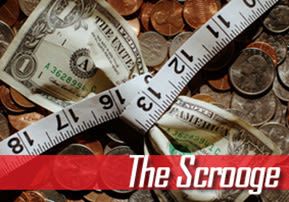
The Scrooge
The scrooge has no emuna and is afraid of his money. He worries about tomorrow, despite the fact that he walks around with a loaf of bread under each arm...

The Garden of Riches, Part 13
A person with emuna is not a scrooge. He trusts the Almighty, not his money. He knows the ironclad rule: a man can never rely on his money, for eventually he and his money will separate. Either the man will leave the money or the money will leave the man.
Therefore, if a person relies on his money, he is relying on something that will eventually not be his.
The Money Will Leave the Man…
As we see almost daily, people spend their entire lives running after money and watching over their money, and end up owing a fortune when they pass away! They leave their descendents burdened with debt.
…Or the Man Will Leave the Money
A person must eventually take leave of his money, either through death, or through losing the ability to enjoy the money. When a person is not well, he is incapable of having pleasure from his wealth. Many wealthy people readily admit that they would prefer good health to all their riches, which cannot save them from their physical suffering. They ruin their health to attain their wealth, and use their wealth to regain their health.
Complete Sustenance
A person with emuna believes that the Almighty gave him life and that the One who gave him life will also provide him with his needs – a roof over his head, clothes, food, and all his other necessities.
He also realizes that as long as the Almighty is giving him the gift of life, He will certainly provide him with the means to live that life. When the Almighty decrees that his time has come to leave this world, then all the money in the world will not save him from death. No one can bribe the Angel of Death to gain a few more years. A person with emuna lives a life of tranquility since he knows that the Almighty is in charge; He cares for even the smallest of His creations.
Give Joy to the Almighty
A person with emuna believes that the One who gave him money yesterday can also give him money tomorrow, therefore he does not hoard his money. Rather than being a stingy scrooge, he gladly uses his money to pay for whatever he needs. He believes that Hashem gave him money to be used, not hoarded.
The scrooge has no emuna and is therefore afraid of his money. He worries about tomorrow. The Gemara describes the scrooge and says, “Anyone who has bread in his basket, yet asks, ‘What will I eat tomorrow?’ is lacking in emuna” (Soteh 48).
We must understand that the Almighty takes great pleasure when His children enjoy their money. To what can this be compared? To a father who gives his beloved son an allowance so that he can live comfortably without lacking anything.
An earthly father who gives his son money takes pleasure in the knowledge that his son is using that money to help his less fortunate brothers and to make his own life easier. Every father is happy if his son is happy, and realizes that his father loves him and wants the best for him.
It makes the father very sad if his son refuses to take pleasure in the money that he gives him and lives, instead, in dire poverty. “I gave him that money so that he can live comfortably, why does he hoard it and live in poverty?” the father asks.
Our Creator is a loving Father. He gives a person money for that person to use. He wants His beloved children to live comfortably, and to give generously to their less comfortable brothers. That is Hashem’s Will, and when a person uses his money with joy, it brings Hashem great pleasure. Although it is decreed that some people will be poor, that too is Hashem’s Will, and what is truly best for them. On the other hand, Hashem is sorely disappointed when a person with money lives a stingy and miserable life.
Recognized Expenses
When a person spends money for a mitzvah – including money he spends on his wife and children – he is revealing his level of trust in Hashem. He is showing that he trusts in the Almighty, not in his money. He knows that because he uses his money to do Hashem’s Will, nothing bad will come of it.
When a person gives charity (tzedaka), it is considered as if he is lending money to the Almighty. As it is written, “He who is gracious to a poor man lends to the Lord, and He will repay him his reward” (Mishlei 19:17), which means that when a person is gracious to the poor and gives the poor tzedaka, it is as if he lends money to the Almighty, and the Almighty will repay that loan.
This is one of the reasons why a person who tithes his income becomes wealthy [in Hebrew the word “tithe” – ma’aser – and the word “wealth” – osher – have the same three letter root – ayin, shin, resh). Since he is tithing with the money that Hashem granted him, Hashem will continue to give him money.
Our Rabbis say that whoever has mercy on His creatures will be the recipient of heavenly mercy. Hashem behaves toward us as we behave toward others. If a person is cruel toward others, then Hashem will act cruelly toward him, measure for measure. Through cruelty, a person brings tragedy on himself, and he is unable to take pleasure in his wealth.
A person with emuna will joyfully distribute his wealth and purchase whatever he needs, knowing that that is what Hashem wants of him. He’s not a scrooge.
To be continued, G-d willing.








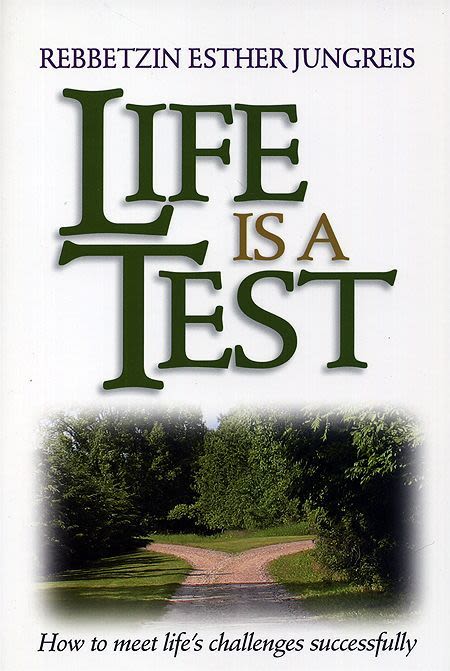
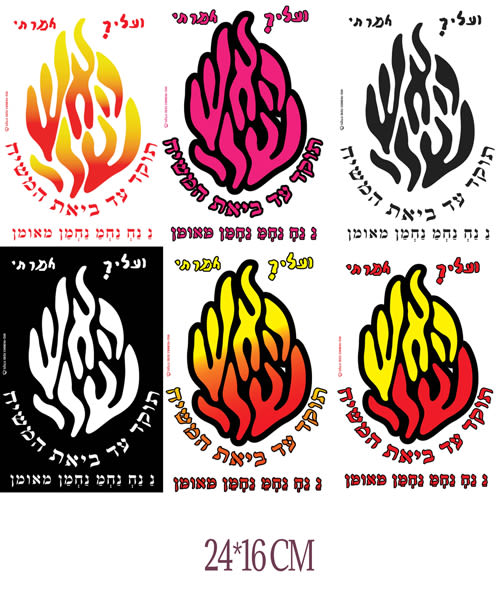
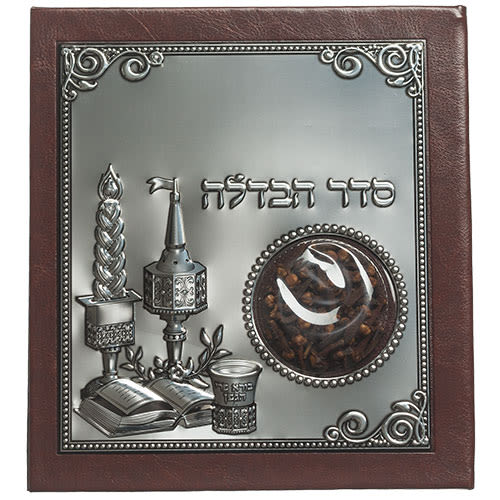
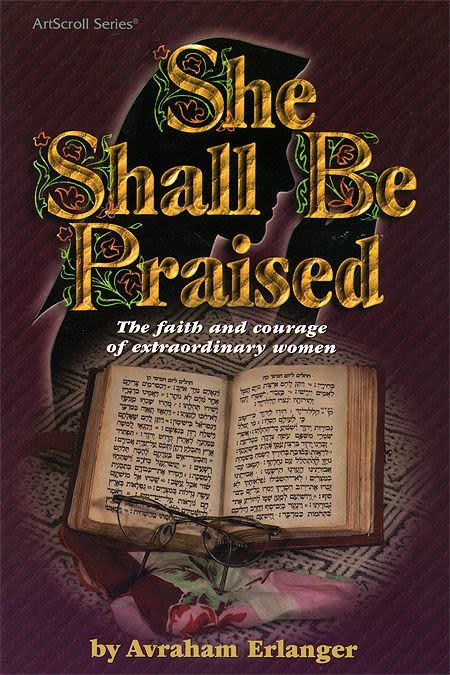
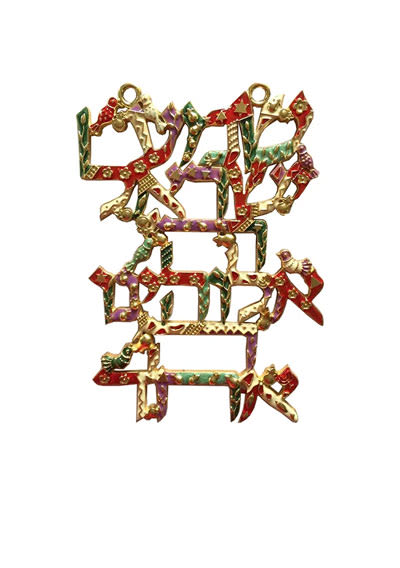
Tell us what you think!
Thank you for your comment!
It will be published after approval by the Editor.